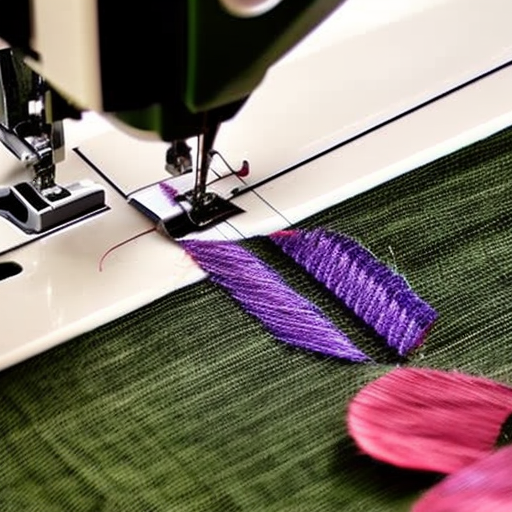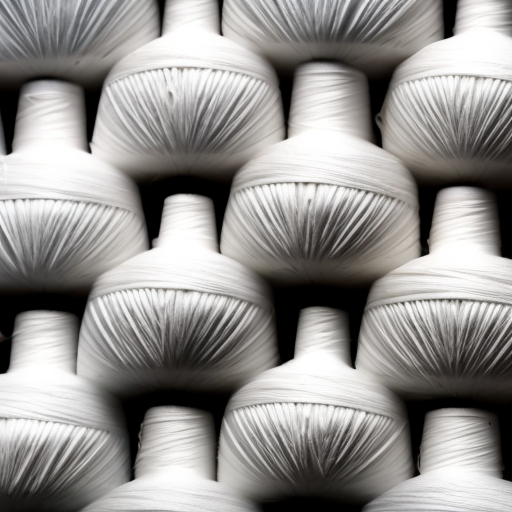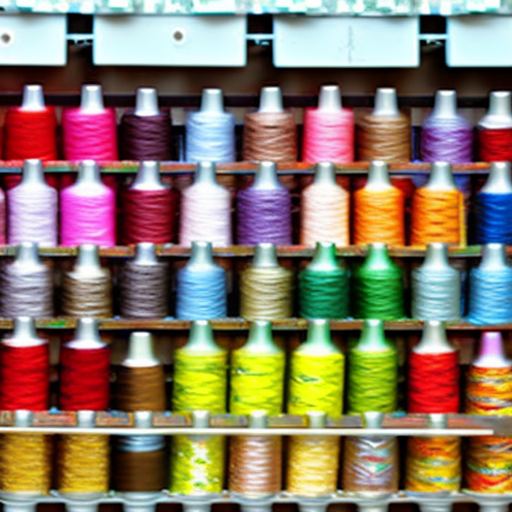
Introduction
Using a sewing machine can be a convenient and efficient way to complete your sewing projects. However, encountering issues such as the thread cutting can be frustrating and hinder your progress. If you’re facing this problem, it’s essential to understand the potential causes and solutions to resolve it. This article will explore some common reasons why the thread of your sewing machine might be cutting.
1. Needle Problems
One of the primary culprits behind thread cutting is an improperly installed or damaged needle. Make sure you are using the correct type and size of needle for your fabric, as using the wrong needle can cause excessive friction and result in thread breakage. Additionally, inspect the needle for any burrs, nicks, or bent points that can damage the thread as it passes through the fabric.
2. Incorrect Tension Settings
Tension issues can also lead to thread cutting. If the upper or bobbin tension is too tight, it creates excessive pressure on the thread, causing it to snap. Conversely, if the tension is too loose, the thread may not stay in position, resulting in entanglement and breakage. Ensure that the tension settings are properly adjusted according to your machine’s manual and the specific requirements of your sewing project.
3. Bobbin Problems
Threads can also break if the bobbin is wound improperly or inserted incorrectly. When winding the bobbin, make sure the thread is evenly and tightly wound. When inserting it into the bobbin case, ensure it rotates smoothly and the thread is properly threaded through the tension mechanism. Improperly threaded or wrongly placed bobbins can put unnecessary strain on the thread, leading to cutting or snapping.
4. Sewing Machine Maintenance
A sewing machine that has not been cleaned or maintained regularly can cause thread cutting issues. Lint, debris, and old oil build-up can increase friction and impact the smooth flow of the thread. Clean the bobbin area, feed dogs, and race (where the bobbin case sits) using a small brush and remove any built-up lint. Remember to regularly oil your machine as per the manufacturer’s instructions to ensure smooth operation.
Conclusion
Thread cutting in a sewing machine can be caused by various factors, ranging from needle problems and incorrect tension settings to bobbin issues and lack of maintenance. By identifying and addressing the root cause of the problem, you can significantly improve your sewing experience. Remember to follow proper needle and bobbin handling techniques, adjust tension settings correctly, and maintain your sewing machine with regular cleaning and oiling. With these steps, you’ll be on your way to smooth, uninterrupted sewing projects.





Could be a build-up of lint or the tension isn’t right.
John Moore: Check and readjust the tension on the thread first.
Christina Anderson: It’s possible the blade is blunt or the machine isn’t properly set up for the type of fabric you’re working with; double check the machine guide to ensure settings are correct!
Also could be that the needle isn’t the correct size for the thread being used (a general rule is to use a needle size larger than the thread).
Have you checked your machine’s needle and presser feet for any build-up of dust, dirt, or lint? This could be creating a resistance in your machine and cause the thread to break. Cleaning your machine regularly and changing out your needle often can help extend its longevity.